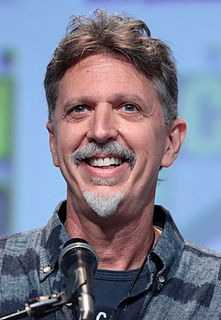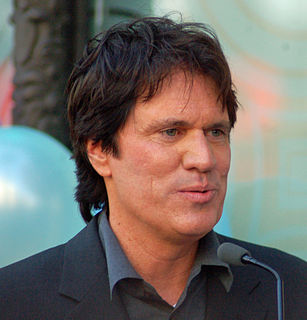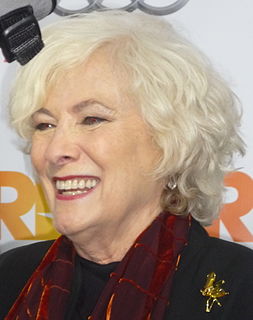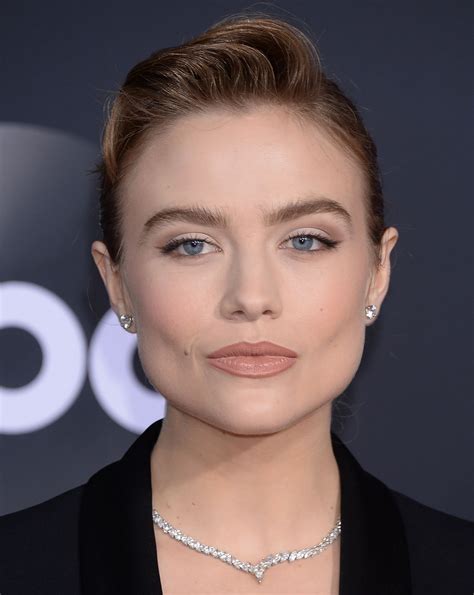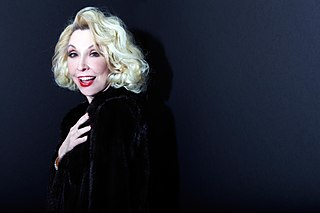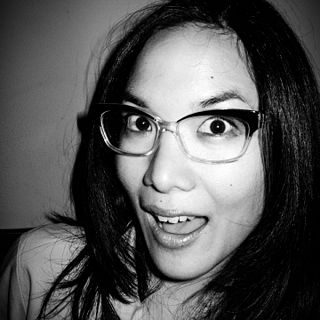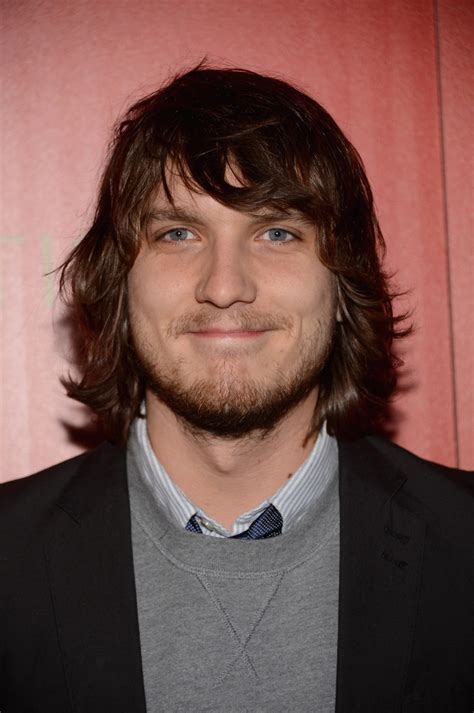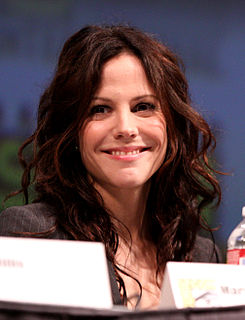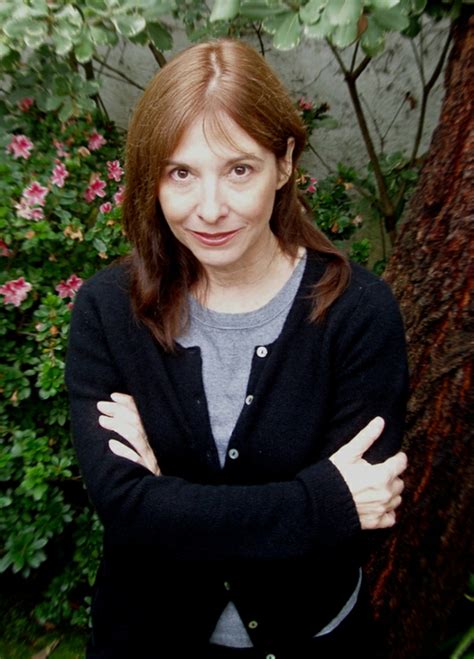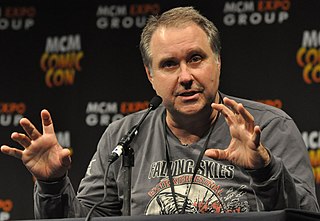A Quote by Rod Lurie
I really like iconoclastic casting. I really do.
Quote Topics
Related Quotes
Casting is really a black art. It's a huge part of directing and it's the most invisible. It's one that people don't really think about or talk about. But you can really destroy your movie by casting it badly before you've shot a foot of film. And yet there are no guidebooks for it, there's no rule book to tell you how to do it. It's all your own experience and your own sensibility and your own intuition.
I really like the director [for Weeds]. I don't know if you've spoken to him yet but he's really, really intelligent. He was just really kind when I met him and nice and really told me why I should play the part...and kind of really didn't argue with him. He's just really, really smart and assembled these really great people. I felt like he really knows how to enlist his intelligence to get you - I don't know - he's really hard to argue with I find.
Casting is really weird. Honestly, when Alan Ruck's name came up - and I've worked with Alan before - I went, "Yes, he's perfect." He came in and read for us, which was really sweet of him because he didn't have to, and he nailed it in seconds. We knew exactly who we had. That stuff is really good and fun.



